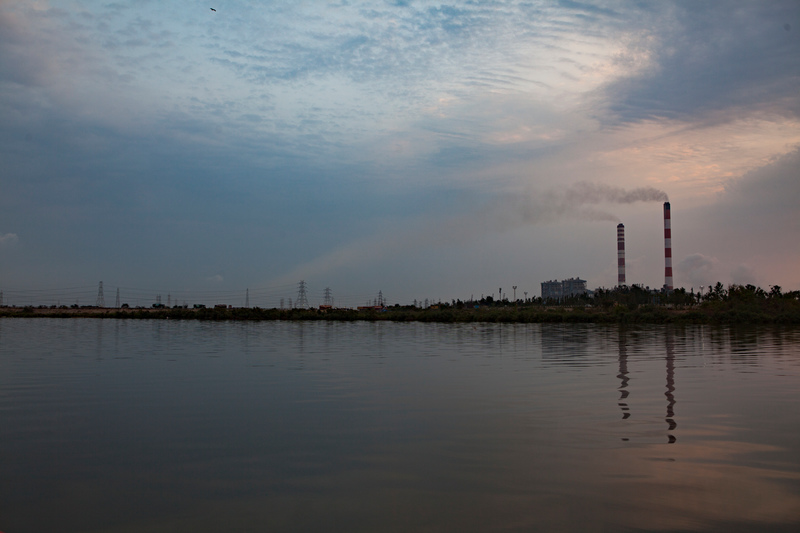New Delhi, 26 October: An investigation by Unearthed just a few days ahead of the COP26 summit in Glasgow has revealed that a small clutch of nations that are also the biggest coal, oil, beef and animal feed producers are attempting to water down the International Panel on Climate Change’s (IPCC) major upcoming assessment of the world’s options for limiting global warming.
However, IPCC scientists are under no obligation to accept the comments which are a sharp reflection on the intent of advanced and richer nations on climate commitments.
If the world’s advanced fossil fuel producers like Australia and the Organisation of Petroleum Exporting Countries (OPEC) who are supposed to support the smaller, poorer and developing countries in phasing out fossil fuels lobby the IPCC to weaken a key conclusion that the world needs rapidly to phase out fossil fuels, how would the developing countries show the enthusiasm to opt for a switch?

The common climate goal is to limit global warming to below 2 and preferably to 1.5-degree Celsius compared to pre-industrial levels, the responsibility of advanced countries is higher towards climate mitigation and adaptation. It is an established fact that climate change disproportionately burdens developing countries.
While various governments also question the criticism of carbon offsetting despite growing evidence that the concept is flawed and Canada, the US and the UK all questioning the IPCC, warning that forestry offsetting could be used as “cheap greenwash” is not a great and appreciated precedent.
The warnings from the International Energy Agency and the UN report suggest that exploitation and development of new oil and gas fields must stop immediately and that fossil fuel production planned by the world governments “vastly exceeds” what is needed to keep global heating to within 1.5C.
We demand the developed countries come up with robust, transparent and need-based plans to deliver the promised $100bn in climate finance for vulnerable nations. These countries must recognize that we have already crossed the ‘safe limit’ of air, water and soil quality. Our air, water, land, forest, coasts, and cities are already under serious stress. Human-made climate change is not only impacting nature but it has a huge impact on human health and the economy as well. Rather than creating a roadblock to the clean energy transition, the rich countries should stop funding new fossil fuels projects, ensure just energy transition to clean and renewable energy sources and support other countries to do the same.
